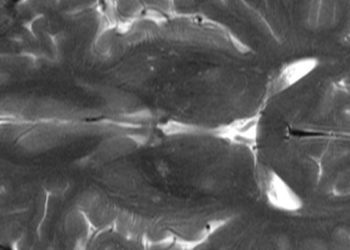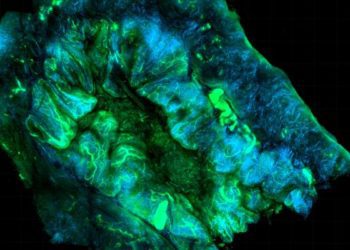Reductions in pain catastrophizing are associated with improvements in emotional functioning
1. Reductions in pain catastrophizing are more closely associated with improvements in emotional functioning than with pain intensity
Evidence Rating Level: 2 (Good)
This prospective observational study investigated whether pain catastrophizing, a maladaptive cognitive-emotional response to pain, is a static trait or a dynamic state influenced by interventional treatment outcomes. Among 128 adults with chronic low back pain (cLBP) undergoing fluoroscopic-guided steroid-based injections, the authors assessed changes in Pain Catastrophizing Scale (PCS) and Brief Pain Inventory (BPI) scores at baseline and one month post-procedure. Despite moderate improvements in pain severity and interference (especially in the affective REM domain: relationships, enjoyment, mood), the reduction in PCS scores was not statistically significant (mean change: −2.41, p=0.12), and the study was underpowered for this outcome. Notably, regression analysis identified baseline PCS and changes in REM as the strongest predictors of follow-up PCS scores, while pain severity, activity-related pain (WAW domain), and demographic or clinical variables (e.g., opioid use, prior surgery) were not significant predictors. Correlation analysis revealed that improvement in emotional-affective domains of functioning, rather than pain intensity alone, was more closely tied to reductions in catastrophizing. These findings suggest that emotional recovery may be a more relevant therapeutic target than sensory pain relief alone when aiming to reduce maladaptive pain coping mechanisms. The study also supports conceptualizing catastrophizing as a modifiable psychological state rather than a fixed trait.
Click to read the study in RAPM
Image: PD
©2025 2 Minute Medicine, Inc. All rights reserved. No works may be reproduced without expressed written consent from 2 Minute Medicine, Inc. Inquire about licensing here. No article should be construed as medical advice and is not intended as such by the authors or by 2 Minute Medicine, Inc.









